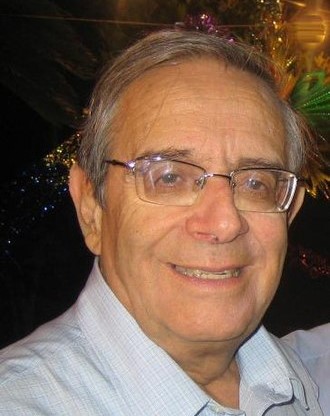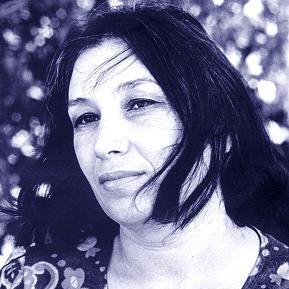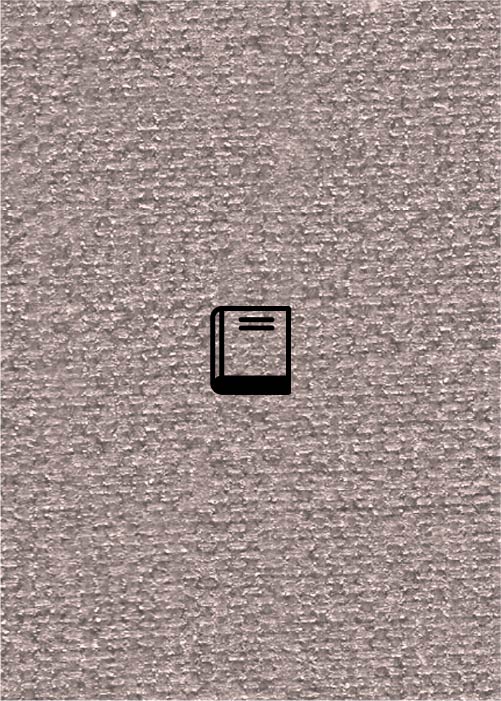There are scholars of Jewish and Israeli culture whose crucial contributions remain sealed to those who do not command the Hebrew language. Eliyahu Hacohen was perhaps among the most notable ones in this genre of learned individuals. In hundreds of essays (if not more), radio and television programs and public lectures about the most diverse aspects of the modern Hebrew song (aka Zemer ‘ivri or Shirei Eretz Israel) in its formative period (c. 1880-1940), Hacohen effectively unveiled (in Hebrew only) the development of the Zionist movement through the prism of one of its most effective cultural products: songs destined to be performed by “the people” rather than by trained artists.
Born in 1935 in Neve Tzedek (one of the oldest neighborhoods of Tel Aviv), he graduated from the Pardes Chana Agricultural High School. In the late 1950s while serving as officer at the Youth Corps of the IDF, Hacohen produced a mimeographed collection of over thousand Hebrew songs for the young soldiers. A copy of the songster came to the attention of composer and broadcaster Meir Harnik (1927-1972), one of the veterans of the Hebrew song programming at the Kol Israel (“Voice of Israel”) radio station who invited Hacohen to be his guest at the "Yayin Yashan Noshan" (“Age-old wine”) program. Hacohen’s intervention eventually lasted for four years, during which he developed a format that combined live ethnography with archival research, a methodology that will accompany him during his over half-a-century-long career as the “dean of the modern Hebrew song.” Most of these radio programs were dedicated to one song and included the oral testimonies of veterans of the Yishuv (the Jewish community of Palestine prior to the establishment of Israel) who remembered the circumstances surrounding the creation, performance and reception of each of these modern Hebrew songs.
Later on, Hacohen developed his own radio broadcasts with programs such as "Who knows?" and "Nights of Canaan," the later focusing on the landscape of the Land of Israel as reflected in the modern Hebrew song. Remember that during this period (late 1950s-1960s) radio broadcasts in Israel were under governmental control and that only two main channels were available, thus making the voice of Hacohen a recognizable national feature. Hacohen focused on uncovering the identity of the concealed authors and sources of the Hebrew songs, many of which circulated until then as "folksongs". Among his most celebrated broadcasts was a series of three programs devoted to the history of the Israeli anthem "Hatikvah" (1964-1965). Eventually the contents of his radio programs found their way into writings in diverse platforms, usually casual but also academic ones, as well as to public lectures.
With the opening of television broadcasts in Israel Eliyahu Hacohen naturally moved into the new media, presenting together with Dan Almagor the legendary program “Sharti lakh artzi” ("I sang to you, my country"). On the air between 1974 and 1976, this show staged for TV the format that Hacohen had developed for the radio, namely inviting to the studio figures who intervened in the creation of a certain song or were witness to its inception and were still alive at the time the programs were aired. Visuals were added to illustrative the different issues discussed and live recreations of forgotten songs or updated performances of them accompanied the narrative. The concept behind “Sharti lakh artzi” was historical. Each program addressed the songs conceived during a specific period and in a specific geographical area. Another series of television programs, a follow up to the previous one, was “Al Hadeshe” ("On the Grass"), programs designed as campfire’s singalongs recorded live in kibbutzim throughout the country.
Hacohen also lectured profusely throughout Israel, in formal institutions such as the music teachers’ seminary of the Levinsky College of Education in Tel Aviv and throughout most of the first two decades of the 21st century around the country accompanied by singer and pianist Ora Zitner (aka Sittner). In the years 2005-2021, he moderated at the Levinsky College of Education a multi-year series of programs about the pioneers of the modern Hebrew song and music education in Israel, with the participation of the college’s choir conducted by Ron Zarhi. Each program was dedicated to one composer, e.g. Hanina Karachevsky, Yosef Milet, Yoel Engel, Shalom Postolsky, Moshe Bik, Yedidia Admon, Emmanuel Amiran, Mordekhai Zeira and many more. Since around 2015 and until his recent death, Hacohen documented the oldest layers of the modern Hebrew song in a series of detailed articles appearing in the blog "Oneg Shabbat" developed by Prof. David Assaf of Tel Aviv University. As of September 2022, at least eighty such articles have appeared in this blog and each one incorporated original field recordings and visuals related to the modern Hebrew song that Hacohen collected throughout his life.
Although Hacohen’s work lacked a coherent theoretical framework seeking the contextualization of the modern Hebrew song within its ideological, social, material and aesthetic frameworks, the aggregate value of his essays provides a precious database for such inquiries. Each text that he wrote or radio and television program he produced, added one more module to the thick network of agents (individuals, institutions and objects) that were involved in the creation, promotion, publication, reception and divulgation of the modern Hebrew song. The aggregate universe of Hebrew song that Hacohen vividly portrayed represents one of the most compelling versions of the bottom-up story of the modern Zionist movement.
Hacohen’s invaluable contributions to the history of the modern Hebrew song were only one aspect of his prolific contributions to Israeli culture. As an insatiable bibliophile, he also wrote and produced exhibitions about the history of the Land of Israel, with emphasis on rare travelogues from his vast collection, as well as on the early modern Hebrew literature on nature, botany, zoology, astronomy, mathematics, on manuals for young readers of Hebrew language and on the modern children’s press in Hebrew. Hacohen was also a veteran of the data processing industry in Israel, being a pioneer in the development of ATM machines and the mechanization of banking. He also wrote about the history of computing in Israel and published articles about it in the journal of the Israel Association for Information Processing, of which Hacohen was a council member.
As recognition for his lifetime work, Hacohen was awarded the Israel Prize for Lifetime Achievement - Special Contribution to Society and the State, for the year 2013.






